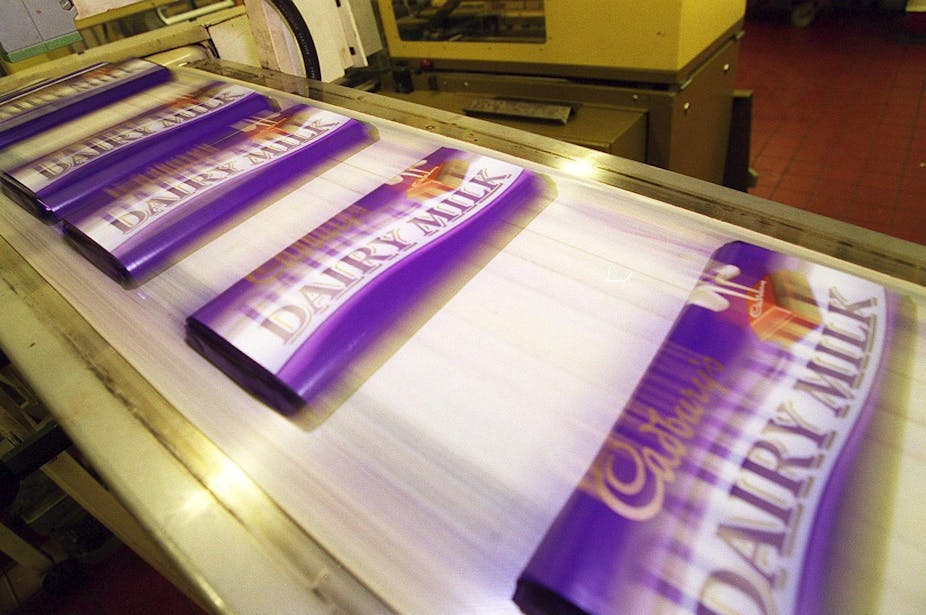As usual the budget is as much about the theatre of the event as it is the economics of what is being announced. The chancellor, George Osborne, was able to make some dramatic pronouncements about pensions, savings and the taxation of energy that are designed to appease key constituencies ahead of next year’s general election, but a longer-term assessment of the budget will depend on whether the incentives to support investment, exports and manufacturing are successful.
The backdrop is one that shows the economy is finally managing to achieve a rate of economic growth close to its underlying potential. This should shortly bring real output back to the level that was seen at the time of the financial crisis. This sluggish performance, which lags well behind what has been seen in the US, is a consequence of the government’s decision to prioritise the reduction in the budget deficit at the expense of providing support for economic activity.
Osborne has said that the focus on austerity will continue, meaning that the government will not provide a major support to the economic expansion. This leaves household spending, business investment and exports as the potential drivers of economic growth. Ideally, Osborne would like business investment and exports to be the motors of economic activity. The re-balancing in favour of investment and export-orientated manufacturing, from pre-crisis domestic and service-sector consumption has been a stated goal of the current government.
There is tentative evidence that manufacturing is improving with positive readings in the final three quarters of 2013. However, this comes after the sector had fallen a little more than 10% since the first quarter of 2008. Most of the improvement in the economy in 2013 came from consumer spending, the trade balance contributed virtually nothing and the gross fixed-capital formation part of business investment provided a small positive contribution to overall activity.
Spurring investment
The lack of business investment is something of a concern. The chancellor has tried to address this with budget measures such as the increase in the annual investment allowance to £500,000. This will cost the government £2 billion and will, argues Osborne, encourage an increase in the purchase of new plant and machinery by the private sector. If that is the case, it would help manufacturing and may even support the broader regional development of the economy.
However, a lack of business investment is not a UK phenomenon. The lacklustre nature of business investment in the US, which is at a more advanced stage of economic recovery from recession, raises some doubt about how effective Osborne’s policy will be. And he really needs it to be successful if he is to capitalise on the signs of improvement in the economy. There is a limit to how much more household consumption can do.
One of the extraordinary features of the UK economic recovery has been the fact that it has generated a remarkable number of jobs. The employment data for the three months to January 2014 reveal that a record 30.2 million people are working. The unemployment rate is 7.2%. Questions have been raised about the quality of some of the jobs that have been created, a point raised by the Labour opposition leader Ed Miliband in his response to the budget speech, with anecdotal evidence of a rise in zero-hour and flexible working.
It is clear that there is continued pressure on living standards, with the employment data revealing that average earnings were rising at only 1.4% in the three months to January compared to an average CPI index increase of 2.0% in the same period.
Missed opportunity in infrastructure?
Osborne also used the budget to encourage savings by removing the 10% savings tax threshold, increasing the amount that could be saved tax-free in ISAs as well as making some changes to the pension system. If he is successful in encouraging more savings, then the chancellor will be even more reliant on business investment or overseas buyers of UK goods to get the economy going. Meanwhile, the tax cut and more solid evidence that the economic recovery is well anchored may spur a bout of private sector investment spending.
There are some modest plans to increase government investment in roads, flood defences and some specific projects. However, with the rate at which the government can borrow still very low, it would have made more sense to have used this opportunity to increase the size of these government investments in long-term capital projects. This could have provided a catalyst to private sector investment and would have meant it was less likely that Osborne will have to continue to rely on consumer spending.

